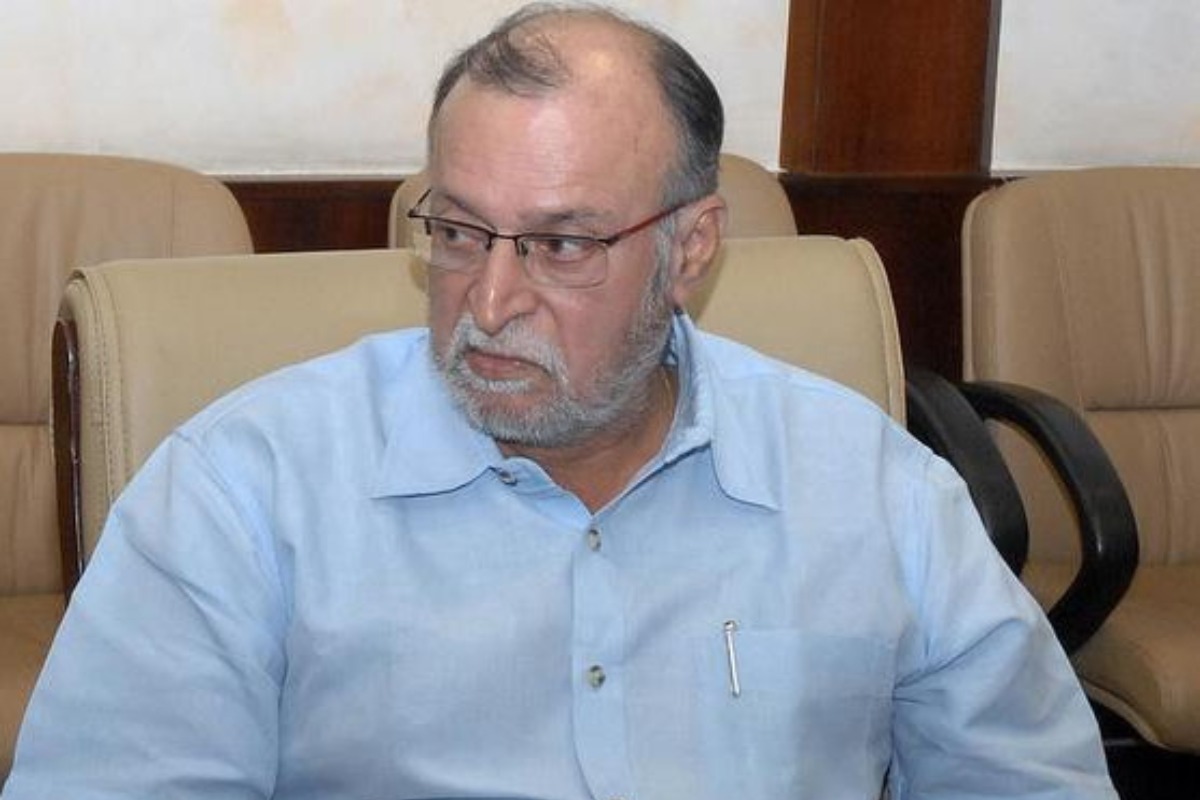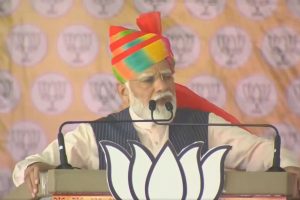On Wednesday Lieutenant Governor Anil Baijal held a meeting on the progress of the ‘Integrated Development of East Delhi Hub, Karkardooma’, a flagship project of the Delhi Development Authority (DDA).
The flagship project comprises high-rise residential complexes, including those for the EWS, commercial and office spaces, public utilities, and multi-modal public transport facilities, under the public utility’s Transit-Oriented Development (TOD) norms.
“Chaired a meeting with VC, DDA@official_dda, and the officials of National Building Construction Corporation (NBCC) to review the progress of ‘Integrated Development of East Delhi Hub, Karkardooma’ under the Transit-Oriented Development Norms,” the L-G tweeted.
The review meeting had the officials from the NBCC and DDA. “After a detailed review, the DDA and NBCC officials were advised to fast track project implementation by way of seamless coordination and follow up with concerned agencies including the Delhi Jal Board, Bombay Suburban Electric Supply (BSES) Delhi, forest and fire department for necessary clearance,” Baijal said in a statement.
It was decided to meet fortnightly to resolve the outstanding inter-agency issues for the smooth and timely implementation of the project as per laid down timelines, it further said.
The project entails mixed-use development with office complexes at walking distance and will be connected to Karkardooma metro station, which is an interchange between Blueline (Vaishali to Dwarka) and Pink line (Shiv Vihar to Majlis park).
The flagship project comprises high-rise residential complexes, including those for the EWS, commercial and office spaces, public utilities, and multi-modal public transport facilities, under the public utility’s Transit-Oriented Development (TOD) norms.











